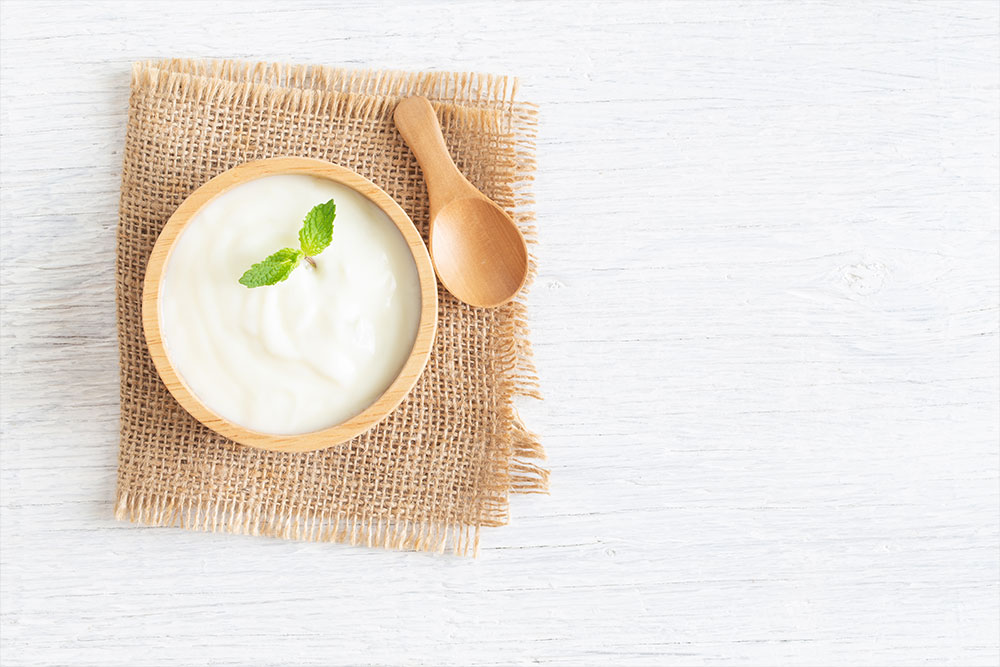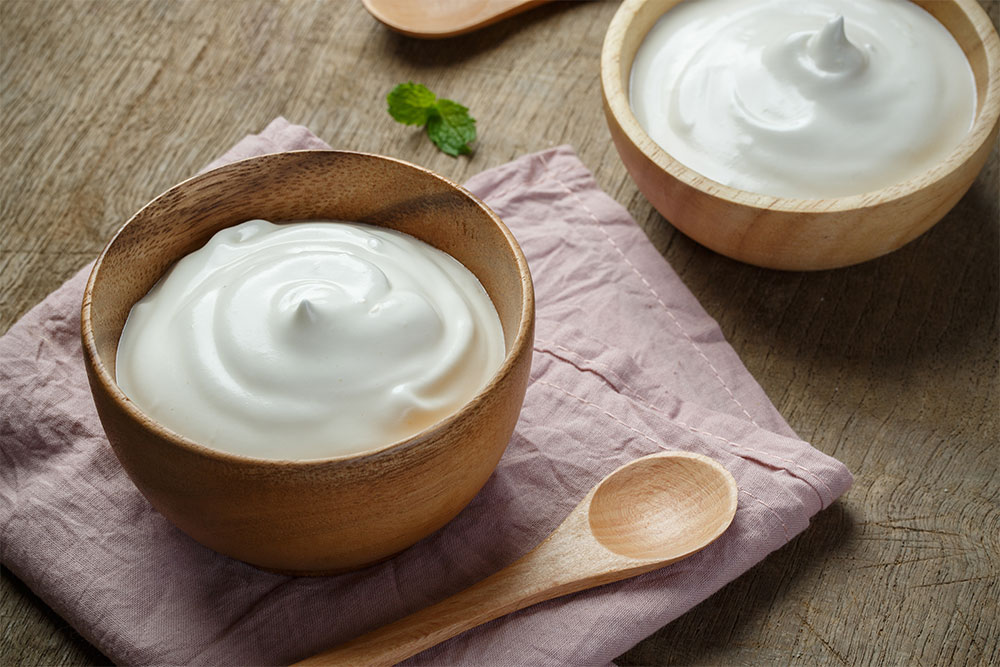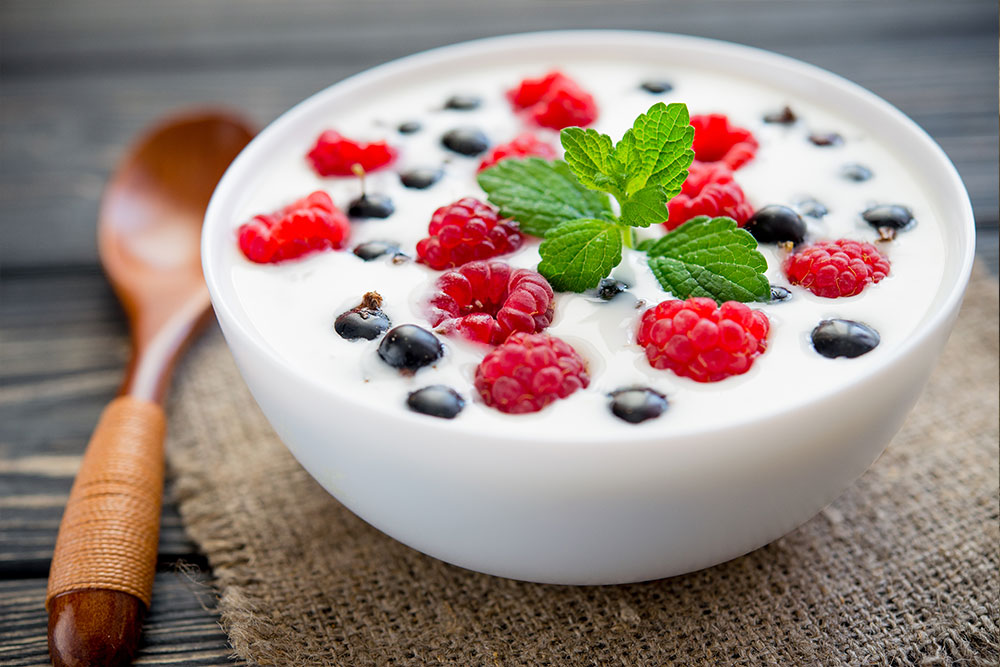You may have seen this product in numerous advertisements on social media, or seen your favourite influencers posting about their healthy breakfast bowls. There’s no denying that Greek yoghurt has become a popular choice among the masses over the years. However, this does beg the question, is Greek yoghurt better than regular yoghurt? How is it beneficial for you? Is there really a difference between the two? Let’s find out.
Before we go any further, let us first understand how yoghurt is made, be it regular or Greek. “Both the types of yoghurts are fermented dairy products that are made by converting lactose (naturally occurring sugar in milk) into lactic acid by using certain bacteria, like Streptococcus thermophilus and Lactobacillus bulgaricus,” explains Dr Eileen Canday, head dietician and department head, Nutrition and Dietetics, Sir HN Reliance Foundation Hospital, Mumbai
Regular Yoghurt

Regular yoghurt is made by adding bacteria to warm milk. It is slightly sour in taste, and acidic in nature. It can be stored in the refrigerator for about seven to 10 days. According to Dr Archana Batra, nutritionist, physiotherapist, and a certified diabetes educator, in Gurgaon, “Regular yoghurt is highly nutritious, and is rich in calcium, protein, magnesium, iodine, and vitamin B12. It is beneficial for the digestive system, as it helps reduce inflammation, boosts immunity, and protects against diarrhoea.” However, she further advises that this yoghurt may not be good for your digestive system if you are allergic to dairy products and have been diagnosed as lactose intolerant.
Greek Yoghurt

Greek yoghurt is made by eliminating whey and other liquids from plain yoghurt. You can prepare it at home by hanging the curd in muslin cloth. It keeps in the refrigerator for up to two weeks. Dr Batra adds, “The protein content in Greek yoghurt is more than regular yoghurt.” She further elaborates that Greek yoghurt is a rich source of iodine, magnesium, and calcium. And it is suitable for those with mild lactose intolerance as it has a low lactose content. It is also a healthy addition to your diet if you are looking to lose weight as it has less carbohydrates compared to regular yoghurt.
Now, it is a given that homemade versions of these yoghurts will be fresh and healthy. However, since both these kinds of yoghurt are also available in the market, Dr Batra recommends reading the labels. Both regular and Greek yoghurt may contain added fats, preservatives, and have a higher sugar content as compared to their homemade counterparts, to prolong their shelf life. This is of extreme importance if you are diabetic, as it can increase your blood sugar levels, and cause further health complications. In case you want to add some flavour to the yoghurts, Dr Batra proposes using homemade blueberry or strawberry puree to get the result you want, without any additional sugars.

Some of the differences between these two types of yoghurts, as pointed out by Dr Canday are as follows:
• Greek yoghurt is processed by straining the yoghurt which eliminates the whey making it creamier and denser.
• Greek yoghurt contains about half the carbohydrates compared to regular yogurt and almost twice as much protein. It also has less calcium and sodium. These differences are a result of the yogurt’s straining process.
• Greek yoghurt takes significantly more milk than regular yoghurt to make a batch of the same size.
• Regular yoghurt is sweeter than Greek yoghurt.
Regardless of their difference, Dr Batra mentions that both work well as probiotics. However, it is always advisable to reach out to your trusted health expert to understand your dietary requirements, and restrictions, if any, before you take your pick.